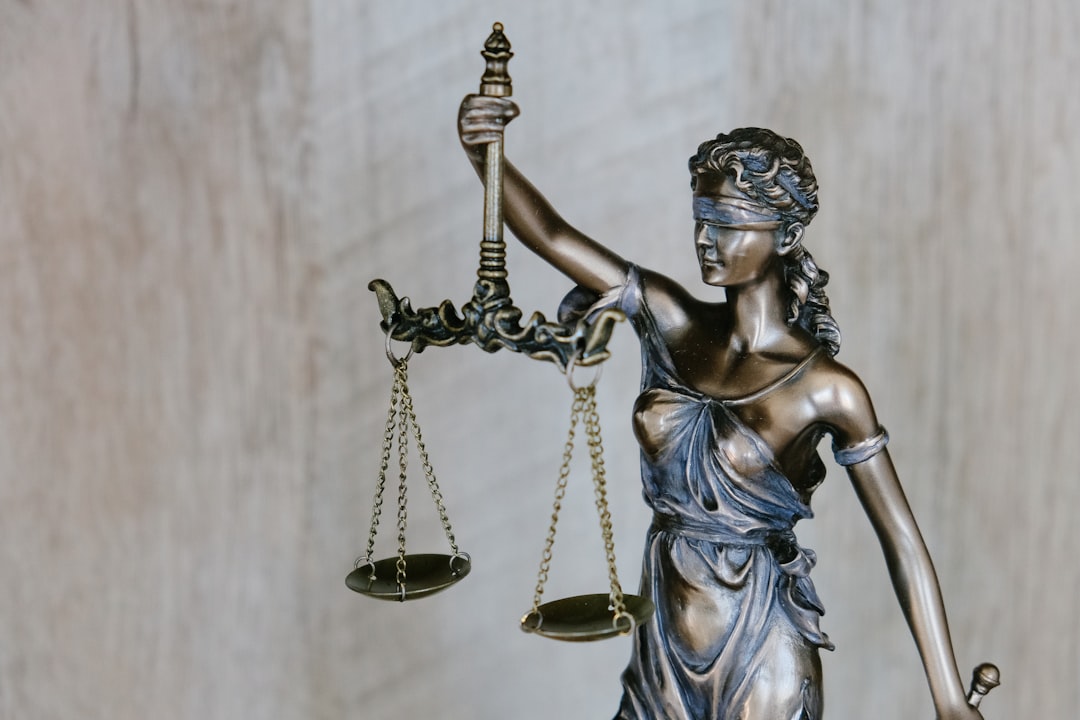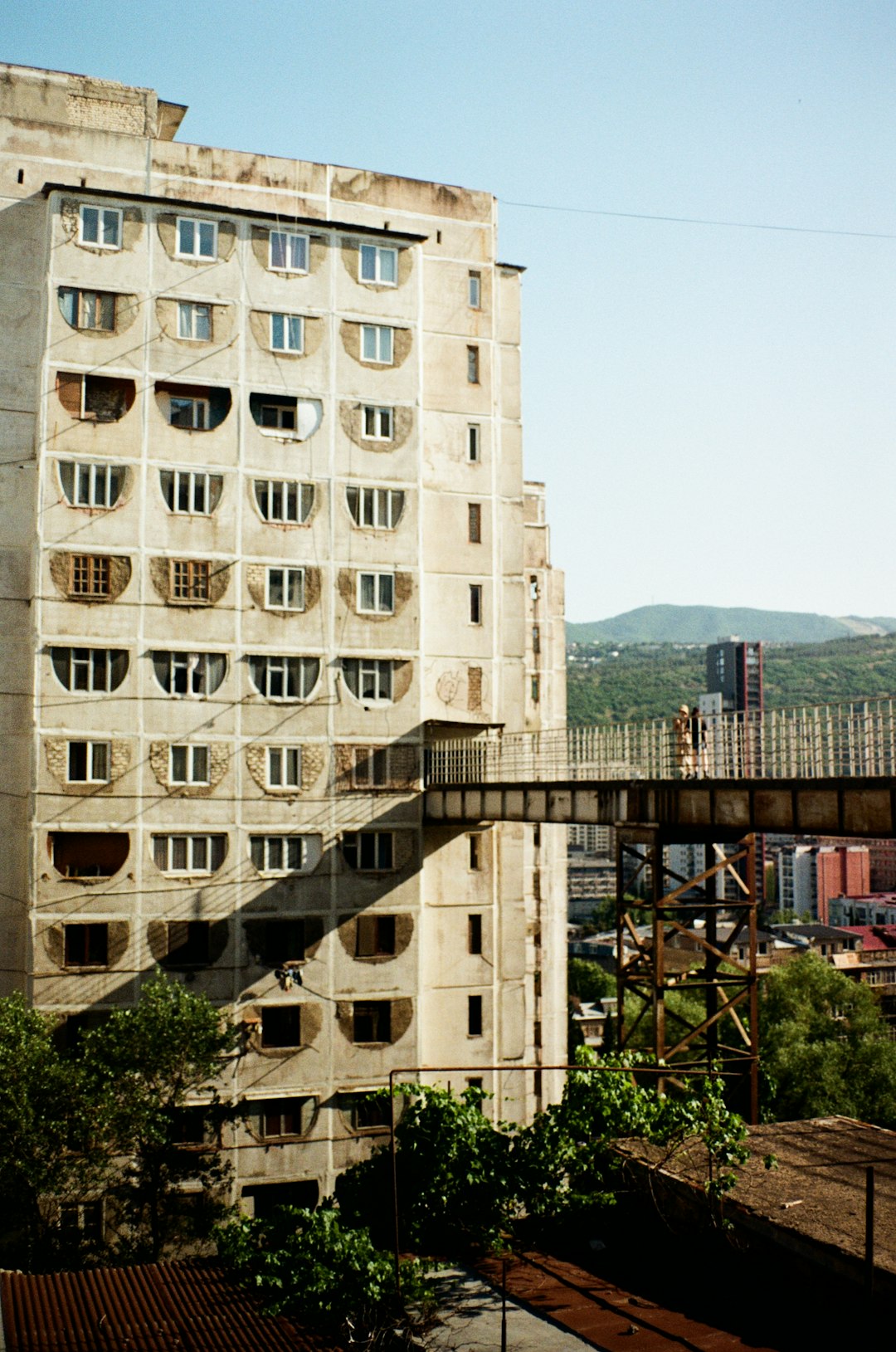Child sexual assault in Sandy Springs, Georgia, causes lasting mental health issues like PTSD and depression, emphasizing the need for specialized legal help from child sexual assault lawyers Georgia and tailored therapy. Survivors struggle with trust and intimacy but can heal through CBT, EMDR, group therapy, and art therapy, supported by community initiatives focused on early intervention, education, and access to resources.
In Sandy Springs, Georgia, addressing Post-Traumatic Stress Disorder (PTSD) among child abuse survivors is a pressing concern. This article delves into the complexities of PTSD as it specifically affects young minds scarred by sexual assault. We explore legal rights and support available to survivors in Georgia, highlighting the importance of therapeutic approaches for healing and recovery. Additionally, we discuss strategies for building resilient communities to better protect and support victims. For those seeking justice, child sexual assault lawyers in Georgia play a vital role in navigating legal pathways towards closure and healing.
Understanding PTSD in Child Abuse Survivors
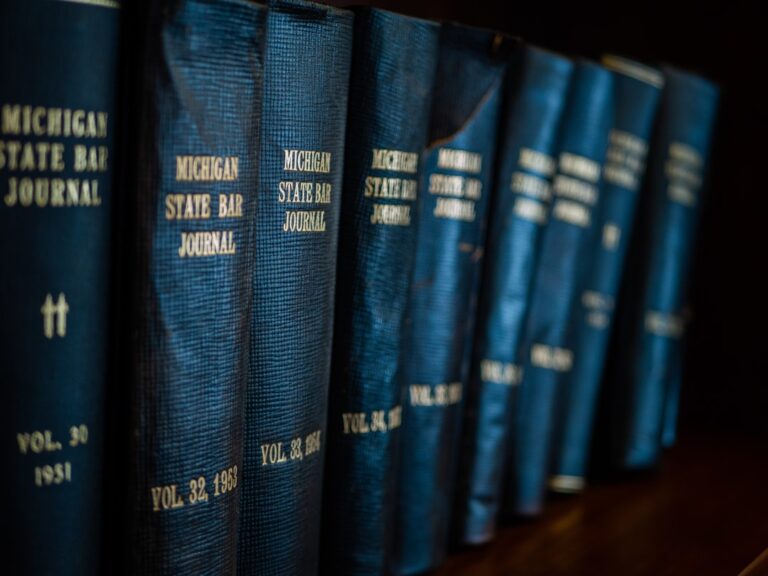
Post-traumatic stress disorder (PTSD) is a common yet profound condition often experienced by survivors of childhood abuse, especially those who have endured child sexual assault. In Sandy Springs, Georgia, where legal support for such cases is available through skilled child sexual assault lawyers, understanding PTSD is vital to providing adequate help. This mental health issue arises from traumatic events, causing intense feelings and distressing memories that can disrupt daily life.
Child abuse survivors may exhibit various symptoms, including flashbacks, nightmares, severe anxiety, and avoidance behaviors related to the trauma. Recognizing these signs is crucial for offering support and guiding them towards recovery. Many survivors need professional help, such as therapy or counseling, to process their experiences and develop healthy coping mechanisms. With proper understanding and legal advocacy from child sexual assault lawyers Georgia, survivors can take steps toward healing and rebuilding their lives.
The Impact of Sexual Assault on Young Minds
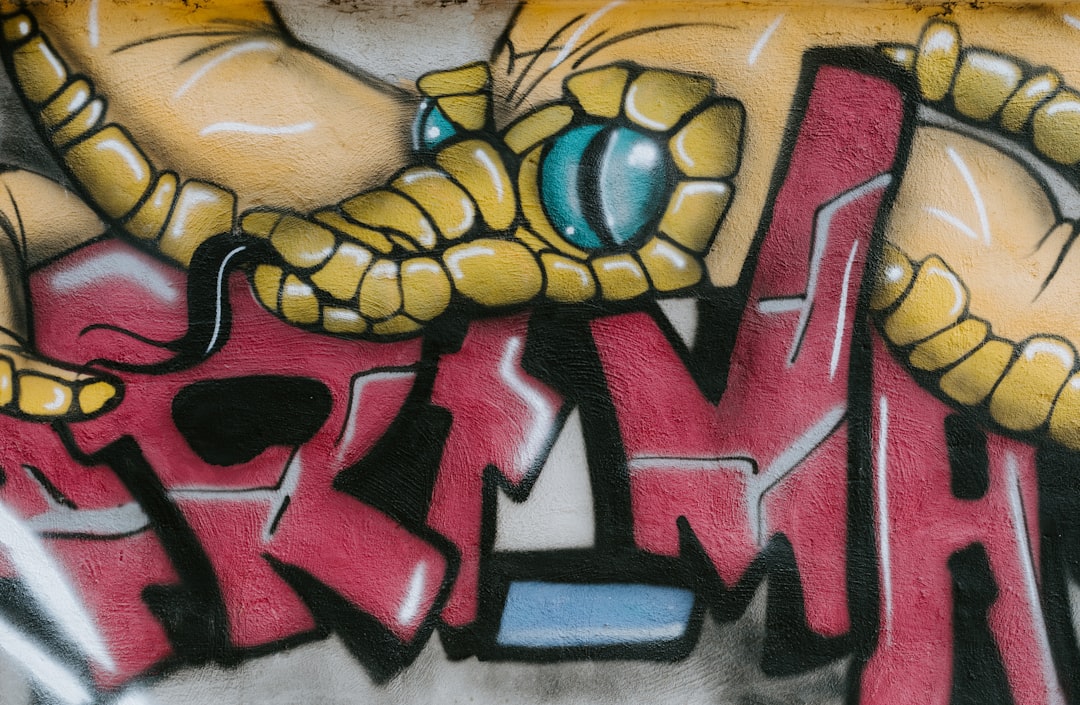
The impact of sexual assault on young minds can be profound and long-lasting, especially for survivors of child abuse in Sandy Springs, Georgia. Child sexual assault lawyers in Georgia often highlight that children’s developing brains are particularly vulnerable to trauma. The experience can disrupt their emotional regulation, leading to severe mental health issues such as depression, anxiety, and PTSD.
Survivors may struggle with trust, intimacy, and a sense of safety, even in present-day relationships and environments. It’s crucial for these individuals to access specialized therapy and support services tailored to address the unique needs that arise from childhood sexual abuse. Early intervention and ongoing care are essential to help them heal and reclaim their lives.
Legal Rights and Support for Survivors in Georgia
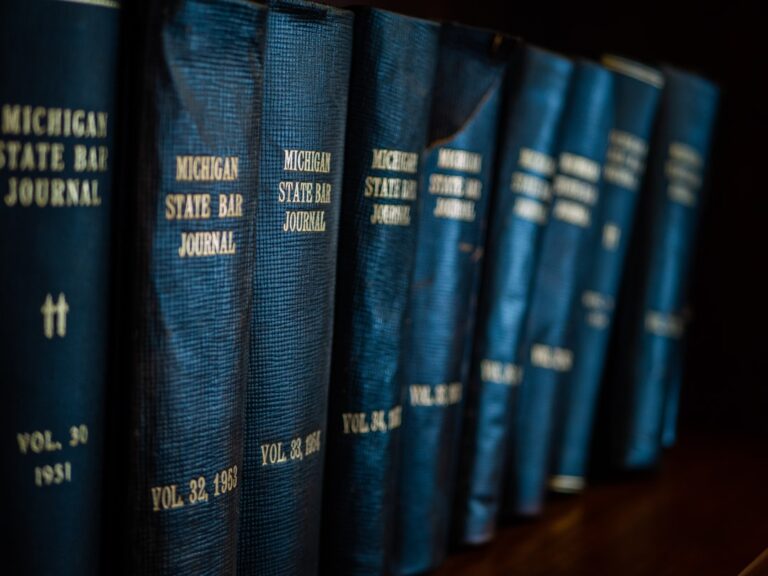
In Georgia, survivors of child abuse, particularly those who have experienced trauma such as sexual assault, have legal rights and access to support systems designed to help them heal. The state has laws in place to protect victims and ensure they receive justice. Child sexual assault lawyers in Georgia are specifically trained to handle cases involving minors and can provide expert guidance on navigating the legal system. These attorneys fight for the rights of survivors, helping them secure compensation for their suffering and ensuring that perpetrators face consequences.
Support services are also readily available, including counseling programs tailored for child abuse survivors. Organizations dedicated to trauma recovery offer safe spaces where individuals can share their stories, receive emotional support, and learn coping strategies. These initiatives acknowledge the complex nature of PTSD in survivor communities and aim to foster a culture of understanding and healing in Sandy Springs, Georgia, and beyond.
Therapeutic Approaches for Healing and Recovery
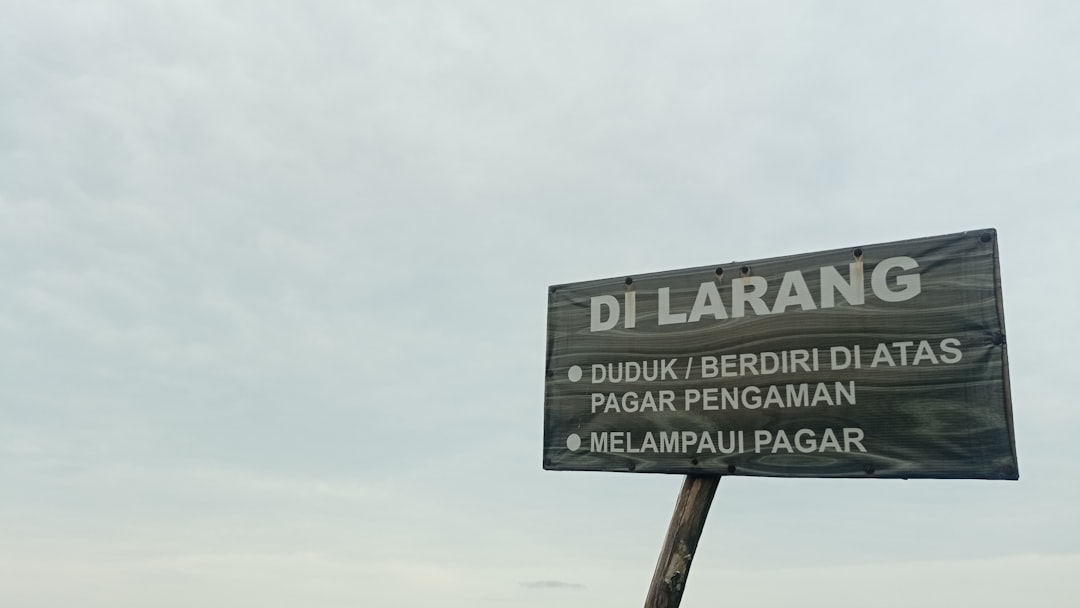
In addressing Post-Traumatic Stress Disorder (PTSD) in survivors of child abuse in Sandy Springs, Georgia, various therapeutic approaches have proven effective for healing and recovery. Cognitive Behavioral Therapy (CBT), for instance, helps individuals challenge and reframe negative thoughts and behaviors stemming from their traumatic experiences. This approach not only empowers survivors to manage symptoms but also fosters resilience. Eye Movement Desensitization and Reprocessing (EMDR) therapy is another powerful tool, aiding in the processing of repressed memories and emotions associated with trauma, thereby reducing the intensity of PTSD symptoms.
Additionally, group therapy sessions provide a safe space for survivors to share their experiences, fostering a sense of community and understanding. Trauma-focused art therapy can also be beneficial, offering a non-verbal means of expression for those who may struggle to articulate their feelings. For those seeking legal recourse against child sexual assault lawyers in Georgia, these therapeutic interventions often work hand-in-hand with legal actions, contributing to holistic healing and long-term recovery.
Building Resilient Communities in Sandy Springs

In Sandy Springs, Georgia, building resilient communities is a key strategy in supporting child abuse survivors dealing with Post-Traumatic Stress Disorder (PTSD). This involves fostering a supportive environment where individuals feel safe and understood, which can significantly aid in their healing process. Local initiatives focus on community engagement, education, and early intervention to break the cycle of trauma.
One effective approach is strengthening support systems through community programs that connect survivors with peers who have shared similar experiences. Additionally, advocating for access to quality mental health services, including specialized therapy and counseling, empowers survivors to confront and overcome their PTSD. Engaging child sexual assault lawyers in Georgia can also play a crucial role by ensuring legal protections and resources are accessible to those affected by abuse, promoting further healing and recovery within the community.
